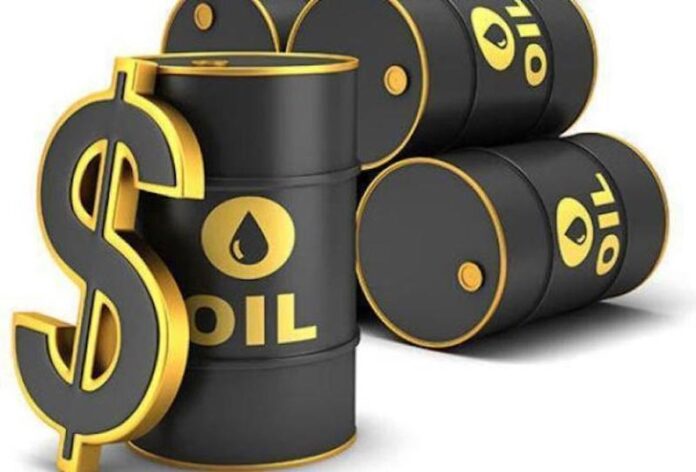By Reuters
Oil prices edged higher, on Thursday, after a drawdown in U.S. crude stocks for a fifth straight week and robust data from China showing a surge in imports.
Although mounting coronavirus cases globally capped gains.
Brent crude oil futures gained 13 cents, or 0.2 per cent, to $56.19 a barrel by 0744 GMT, while U.S. West Texas Intermediate (WTI) increased 20 cents, or 0.4 per cent, to $53.11 a barrel.
China’s total crude oil imports rose 7.3 per cent in 2020, despite the coronavirus shock.
This is with record arrivals in the second and third quarters as refineries expanded operations and low prices encouraged stockpiling, customs data showed.
“It capped off a strong year with most commodities recording positive growth despite weaker economic growth,’’ analysts from ANZ Bank said in a note on Thursday.
“We expect import demand to remain robust in 2021, although at growth rates slightly lower than last year.’’
U.S. crude oil stockpiles last week fell more than expected, while gasoline and distillate inventories rose as refiners ramped up output to its highest level since August, the Energy Information Administration said on Wednesday.
A hefty U.S. COVID-19 relief package, which President-elect Joe Biden is due to unveil on Thursday, also supported prices.
“China data continues to outperform, and a monstrous U.S. stimulus package appears to be on the way,’’ said Jeffrey Halley, senior market analyst at OANDA.
“Both should ensure that plenty of physical buyers will appear on any price dips.’’
Still, concerns about mounting virus cases and the impact on oil demand capped price gains.
China, the world’s second-largest oil consumer, reported its biggest daily jump in new COVID-19 cases in more than 10 months as infections in north-eastern Heilongjiang province nearly tripled.
This is underscoring the growing threat ahead of a major national holiday.
Governments across Europe announced tighter and longer coronavirus lockdowns on Wednesday due to a fast-spreading COVID variant first detected in Britain and as vaccinations are not expected to help much for another two to three months.
Oil producers face an unprecedented challenge to balance supply and demand as factors, including the pace and response to COVID-19 vaccines, cloud the outlook, an official with International Energy Agency (IEA) said.




